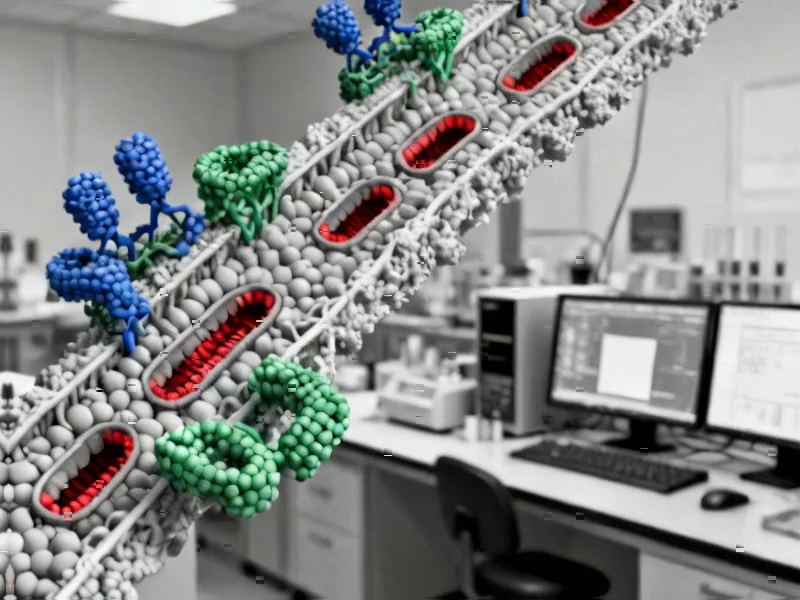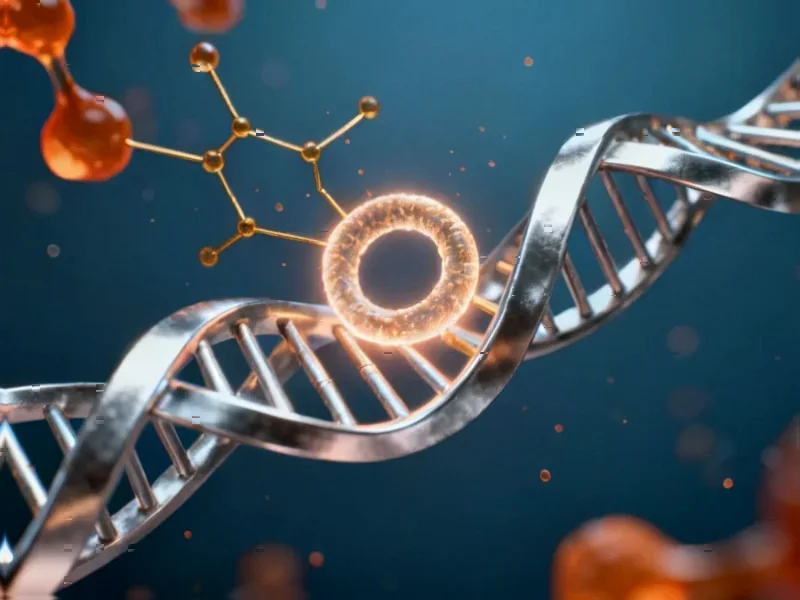A comprehensive analysis of over 8,000 journal articles reveals researchers are increasingly adopting open research practices beyond policy requirements. More than half of authors included Data Availability Statements, while a third in some disciplines openly shared research data. The findings suggest a cultural shift toward greater research transparency and collaboration.
Voluntary Open Research Adoption Exceeds Expectations
Researchers are increasingly embracing open research practices voluntarily, motivated by factors beyond policy mandates, according to a new analysis by Taylor & Francis and DataSeer. The investigation, which examined more than 8,000 journal articles published in 2023, found adoption rates surpassing expectations across multiple open research indicators.









